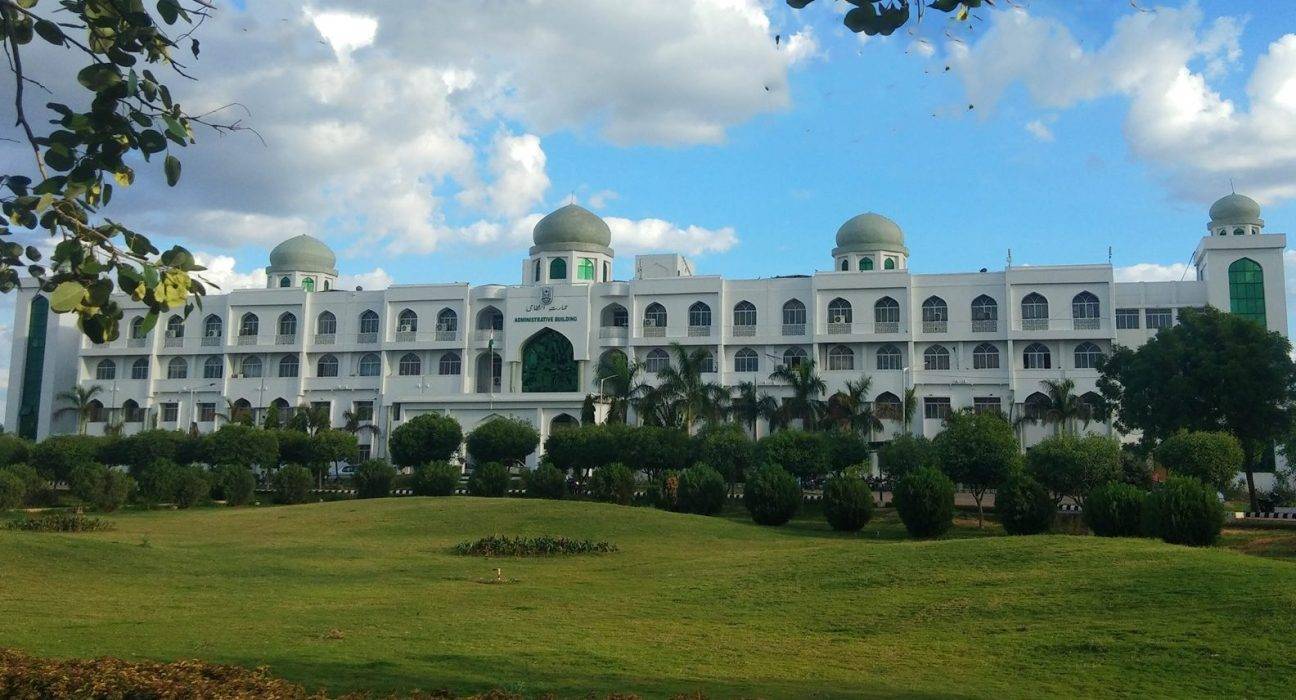India’s academic landscape is undergoing a strategic shift as several top universities, including Jawaharlal Nehru University (JNU), Jamia Millia Islamia (JMI), and Maulana Azad National Urdu University (MANUU), have officially cut academic ties with Turkish institutions. The move comes amid growing diplomatic friction between India and Turkey, with national security emerging as the central concern.
JNU was among the first to publicly sever its relationship, announcing the suspension of its Memorandum of Understanding (MoU) with Turkey’s Inonu University. The university issued a statement on social media, declaring, “Due to national security considerations, the MoU between JNU and Inonu University stands suspended until further notice. JNU stands with the Nation,” closing the message with the assertive hashtag #NationFirst.
Jamia Millia Islamia followed suit, ending all agreements with institutions affiliated with the Turkish government “with immediate effect.” The university reaffirmed its allegiance to national priorities and made clear its intent to distance itself from any partnership that might conflict with India’s strategic interests.
The fallout from the strained India-Turkey ties is not limited to academia. Turkish state broadcaster TRT World has seen its official X (formerly Twitter) account blocked in India. Simultaneously, a wave of social media activism is urging citizens to boycott Turkish goods, with lists of Turkish brands going viral across platforms.
Travel trends have also taken a hit. Booking sites like MakeMyTrip and EaseMyTrip have reported a notable spike in trip cancellations to both Turkey and Azerbaijan. Despite the growing resistance, Indian airline IndiGo has stood by its codeshare agreement with Turkish Airlines, framing it as a key element of global connectivity for Indian travelers.
The diplomatic chill can be traced to Turkey’s explicit support for Pakistan in recent months. Ankara’s supply of drones to Pakistan’s military—some of which were allegedly used in operations near India’s borders—has drawn significant ire. Early forensic assessments suggest that wreckage from one such drone belonged to the Turkish-made Asisguard Songar model.
Even as India ramps up its retaliatory gestures, Turkish President Recep Tayyip Erdogan has doubled down on his pro-Pakistan stance. Calling Pakistan a “brotherly nation,” Erdogan has publicly backed calls for an international investigation into recent India-Pakistan skirmishes—placing Turkey among a shrinking list of nations openly siding against India.
Related: Professor Booked Over Comments on Operation Sindoor
As diplomacy falters, Indian institutions are choosing solidarity over scholarly cooperation, signaling that in the face of national security concerns, even long-standing academic bridges are not immune to collapse.



